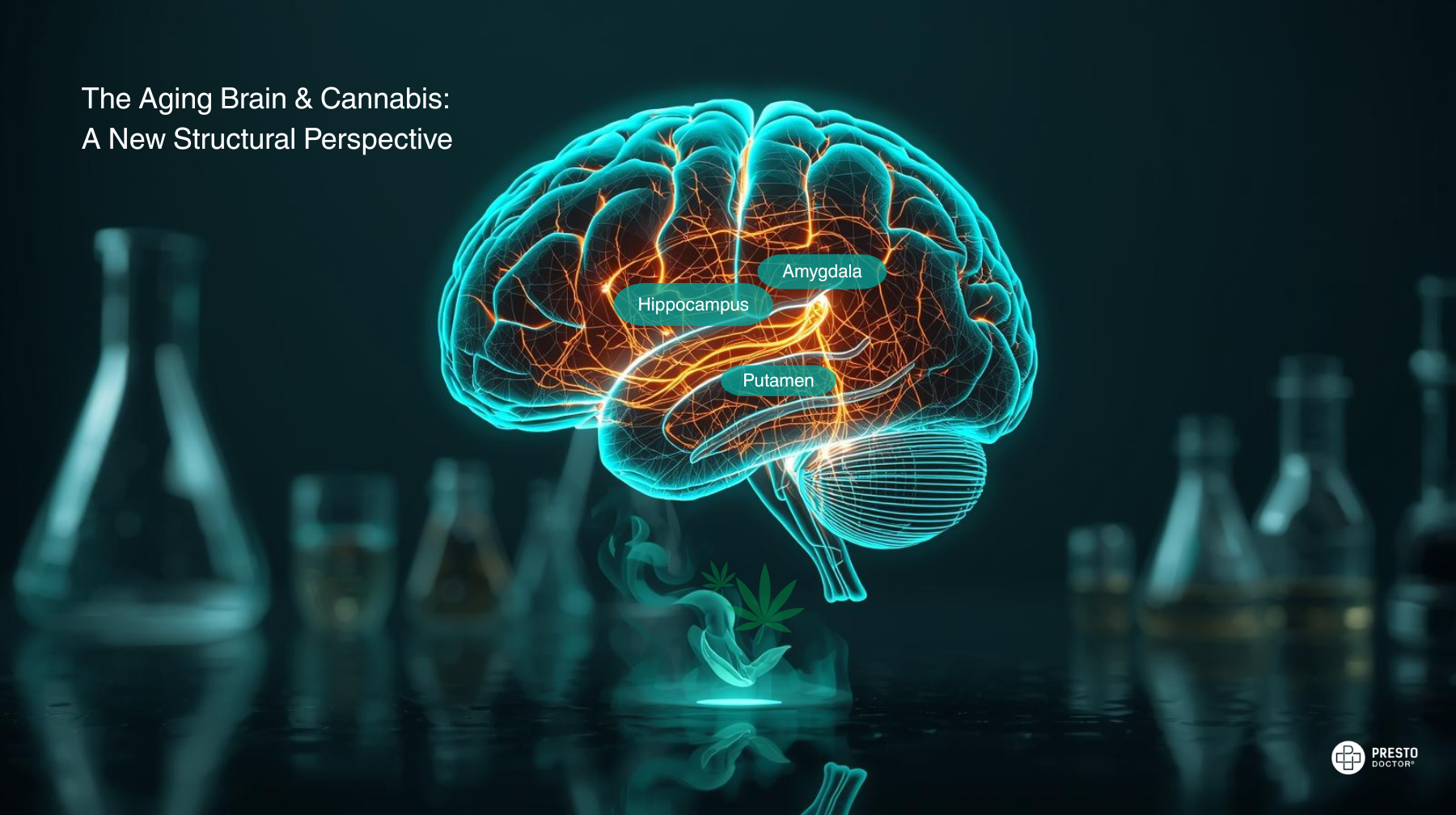Is smoking weed a sin?
According to most Christian interpretations, smoking weed may be considered a sin if it causes intoxication, harms the body, leads to addiction, or violates local laws. The Bible does not mention cannabis directly, but Christians often apply principles about sober-mindedness, honoring the body, and obeying authorities. Others argue that because God created plants for human use, cannabis may be permissible in moderation or for medical purposes. Ultimately, the Bible leaves the decision to personal conscience, intention, and responsibility.
As marijuana becomes more socially and legally accepted, one question is trending across Google searches: Is smoking weed a sin? Even more specifically, many people want to know: Is smoking weed a sin in the Bible? What do Bible verses say? What does Christianity teach?
While marijuana is never directly mentioned in Scripture, the Bible does provide clear principles that Christians use to interpret whether cannabis use is morally acceptable. This article breaks down what the Bible says, what it doesn’t say, historical context, Christian perspectives, health science, and ethics—so you can make an informed, faith-aligned decision.
Is Smoking Weed a Sin? (Short Answer)
The Bible does not explicitly say “smoking weed is a sin.”
However, Christian interpretations fall into three major categories:
1. Weed can be sinful if it leads to intoxication, addiction, or harms the body.
(Based on verses about sobriety, self-control, and the body being a temple.)
2. Weed can be permissible for medical use.
(Many Christians view it the same way they view prescription medications.)
3. Weed may be acceptable when used responsibly and legally.
(Under the biblical principles of freedom, conscience, and God’s natural creation.)
Let’s break each one down—even referencing verses in KJV where commonly searched.
Does the Bible Say Smoking Weed is a Sin?
The Bible Does Not Mention “Cannabis” or “Marijuana”
No Bible verse directly references cannabis, marijuana, weed, or hemp use.
However, Christians use biblical principles to form moral guidance.
Bible Verses Commonly Used to Answer “Is Smoking Weed a Sin?”
1. Sobriety & Self-Control — The Strongest Argument Against Weed
- 1 Peter 5:8 (KJV): “Be sober, be vigilant…”
- Ephesians 5:18 (KJV): “Be not drunk with wine…”
These verses don’t mention weed specifically, but they condemn intoxication of any kind.
Argument:
If smoking weed causes mind-altering intoxication, it violates biblical calls to remain sober-minded.
2. The Body as a Temple
- 1 Corinthians 6:19–20 (KJV): “Your body is the temple of the Holy Ghost…”
Argument:
If smoking harms the body (lungs, cognition, mental health), it may be considered sinful.
3. Avoiding Addiction or Being “Mastered” by Anything
- 1 Corinthians 6:12 (KJV): “…I will not be brought under the power of any.”
Argument:
Cannabis dependency would contradict biblical teachings about self-governance and discipline.
4. Obeying the Law of the Land — Sin If Illegal
- Romans 13:1–2 (KJV): “Let every soul be subject unto the higher powers…”
Argument:
Using weed illegally = sin for Christians living in jurisdictions where it’s prohibited.
5. “Every Herb Bearing Seed” — The Argument For Cannabis
- Genesis 1:29 (KJV): “I have given you every herb bearing seed…”
Argument:
God created plants for human benefit.
Some Christians say cannabis, as a natural plant, can be used responsibly or medicinally.
6. Ancient Cannabis in the Bible? (The “Kaneh-Bosm” Debate)
Some scholars theorize that “kaneh-bosm” in Exodus 30:23 may refer to cannabis—but this is not proven, and mainstream theologians remain divided.
So while intriguing, it cannot reliably be used as doctrinal evidence.
Is Smoking Weed a Sin in Christianity? (Denomination-by-Denomination Breakdown)
Evangelical + Protestant Christianity
- Generally oppose recreational weed due to intoxication concerns.
- Increasing acceptance of medical marijuana.
Catholic Church
- The Catechism calls non-medical drug use a “grave offense”.
- Medical use is allowed if it does not cause intoxication.
Orthodox Christianity
- Similar stance: recreational use discouraged; medicinal use evaluated case-by-case.
Rastafari
- Considers cannabis a sacred herb used for spiritual reflection.
Judaism
- Medical cannabis widely accepted.
- Recreational use often discouraged, depending on denomination.
Islam
- Intoxicants (khamr) are forbidden.
- Medical exceptions exist in some interpretations.
What Modern Science Says: Can Smoking Weed Harm or Help?
Potential Health Benefits (Supported by Research)
- Pain relief
- Anxiety reduction for some individuals
- Improved sleep
- Reduces nausea (especially in chemotherapy)
- Helps muscle spasticity in MS
Many Christians use marijuana similarly to prescription medications when medically necessary.
Potential Risks
- Impaired judgment (ties into sobriety argument)
- Increased likelihood of dependency for some users
- Negative effects on memory & focus
- Lung irritation when smoked
- Higher risk of psychosis in predisposed individuals
- Adolescent use increases long-term risks
This matters biblically because Christians are called to avoid self-harm and impairment.
So… Is Smoking Weed a Sin According to the Bible?
YES — If:
- It leads to intoxication
- You become addicted
- It harms your body
- You use it illegally
- It interferes with your spiritual life
- You use it to escape responsibilities or reality
NO — According to Many Christians — If:
- It is used medically
- It does not cause intoxication
- It does not harm the body
- It is legal where you live
- It is used responsibly and prayerfully
- It does not “master” you
BOTTOM LINE:
The Bible leaves the decision to conscience, intent, and the fruit it produces in your life.
Is Smoking Weed a Sin? (Yes or No — Answer Box Format for Google)
Is smoking weed a sin?
It can be if it causes intoxication, addiction, bodily harm, or violates local laws—based on biblical principles of sobriety, self-control, and honoring the body as God’s temple. However, many Christians believe marijuana is permissible, especially for medical use, if used responsibly and without impairing judgment.
FAQs
The Bible never directly mentions marijuana. Christians interpret principles about sobriety, self-control, and honoring the body to determine whether cannabis use is sinful.
It can be sinful if it causes intoxication or addiction. Many Christians accept medical marijuana as morally permissible.
No verse mentions “weed,” “marijuana,” or “cannabis.” Commonly cited verses include 1 Peter 5:8, 1 Corinthians 6:19–20, Romans 13:1–2, and Genesis 1:29.
KJV does not reference cannabis directly, but verses on sobriety and self-control are used to form Christian guidance.
Yes, if it intoxicates, harms the body, or is illegal.
No, if used responsibly, medicinally, and without violating biblical principles.
Many Christians allow medical use and moderate use that does not cause harm or impairment.
Genesis 1:29 mentions God giving humans plants and herbs, but this verse is not universally interpreted as permission for recreational intoxication.
Conclusion: What Should a Christian Do?
If you’re a Christian wondering, “Is smoking weed a sin?”, the most important questions to ask yourself are:
- Does this glorify God?
- Does it impair my judgment or spiritual life?
- Does it harm my body?
- Is it legal where I live?
- Am I using it for healing or escape?
When guided by Scripture, wisdom, and conscience, you can make a decision that aligns with your faith and well-being.






